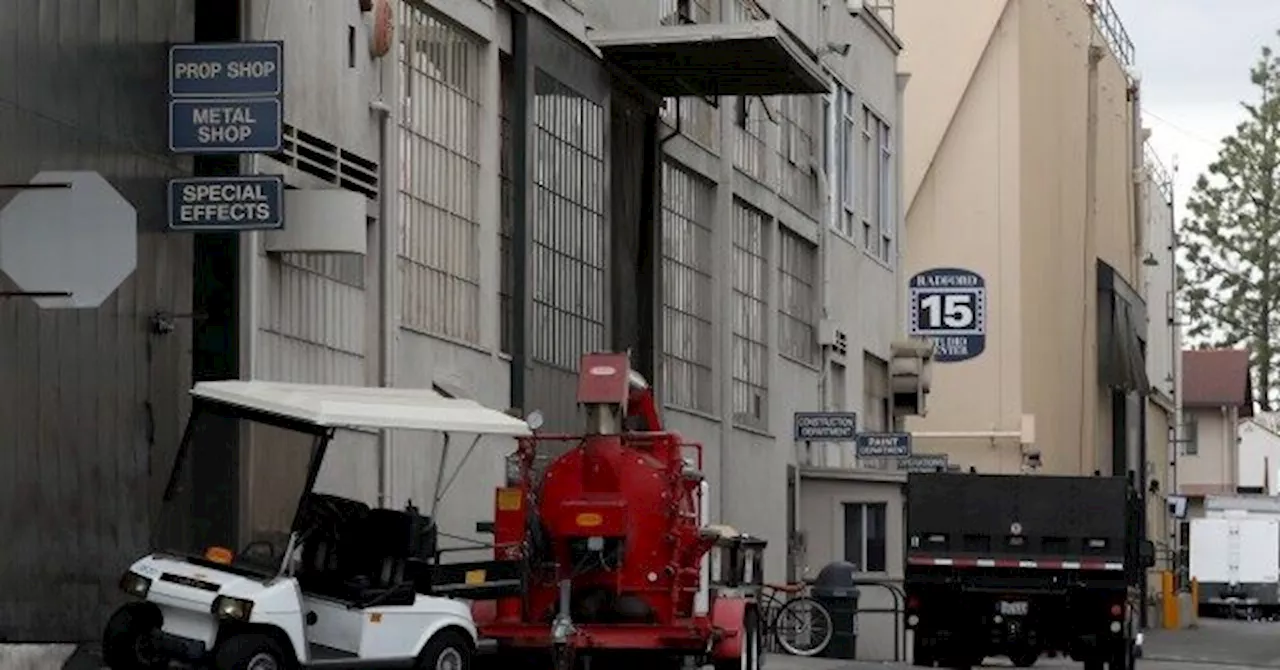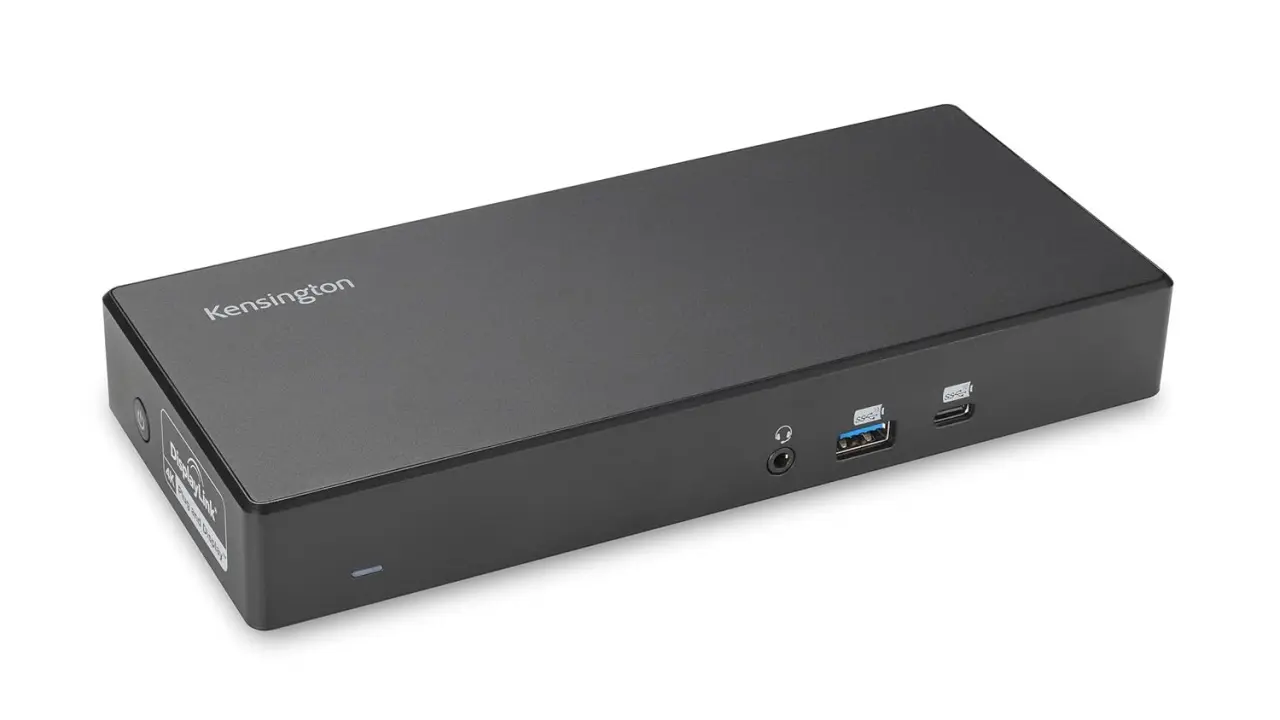
In the dynamic world of hospitality, effective leadership often means being away from the office. Darragh McGillicuddy, founder of McGillicuddy Hospitality and a member of the Entrepreneurs’ Organization, emphasizes the importance of empowering teams to excel while leaders are on the move. Based in Cape Town, South Africa, McGillicuddy shares insights on how he has adapted his leadership style to ensure his business thrives, even when he is not physically present.
Travel is a constant in McGillicuddy’s role, leading him to initially believe that his presence was crucial for success. He regularly joined calls, attended site visits, and engaged in every conversation, convinced that this direct involvement defined effective leadership. However, he soon realized that his constant presence was becoming a hindrance, both for himself and his team.
Instead of micromanaging, McGillicuddy learned to lead from various locations—whether from hotel rooms or airport lounges. He discovered that the most successful leadership occurs when team members operate independently, demonstrating their capabilities without needing constant oversight.
Reimagining Leadership
Many founders and CEOs mistakenly think that their teams require physical presence to feel supported. McGillicuddy highlights that true leadership is about instilling principles that resonate throughout the team. He recalls a defining moment when a flight delay prevented him from attending a site visit. His team handled the situation expertly without him, showcasing their understanding of his expectations and methods. This experience taught him that effective leadership lies in empowering teams to perform well in his absence.
He advises leaders to prioritize “consistent training” over being “always present.” Clear communication of priorities from the outset and intentional check-ins can significantly enhance a team’s performance.
Building a team that does not rely solely on the leader is essential. McGillicuddy points out that leaders who insist on approving every decision create bottlenecks that slow progress. To foster a culture of independence, leaders should define decision-making parameters and trust their teams to deliver results. This approach allows team members to develop confidence and make choices that align with the organization’s goals, even when the leader is thousands of miles away.
Streamlining Communication and Building Trust
Effective communication becomes crucial when leaders spend significant time away from the office. McGillicuddy warns that communication can become chaotic due to time zone differences and unreliable technology. He advocates for predictable communication strategies, ensuring that teams know when to expect updates and through which channels. This predictability fosters trust and helps maintain momentum even in the leader’s absence.
Moreover, McGillicuddy emphasizes the importance of trust in remote leadership. Building a team that can manage responsibilities autonomously hinges on the trust established through shared experiences, both positive and challenging. He notes that trust is often cultivated in small moments, such as team members taking initiative to solve problems or recognizing each other’s contributions. He encourages leaders to hire individuals they genuinely trust and then allow them the freedom to perform.
Ultimately, McGillicuddy’s experiences illustrate that leadership is not about being present at all times but rather about cultivating a capable and confident team. The ability to step back and allow team members to flourish is a hallmark of effective leadership. As he continues to navigate his role in the hospitality sector, McGillicuddy remains committed to empowering his team, ensuring they thrive even when he is on the road.







